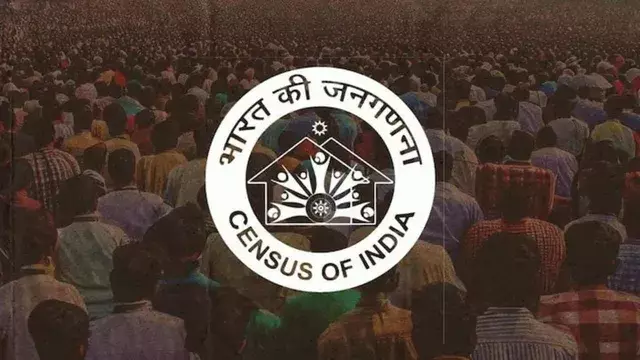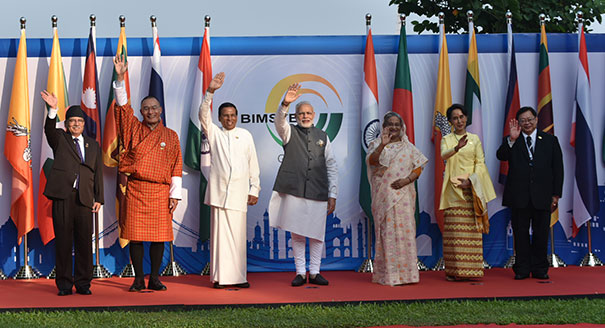- Courses
- GS Full Course 1 Year
- GS Full Course 2 Year
- GS Full Course 3 Year
- GS Full Course Till Selection
- Answer Alpha: Mains 2025 Mentorship
- MEP (Mains Enrichment Programme) Data, Facts
- Essay Target – 150+ Marks
- Online Program
- GS Recorded Course
- Polity
- Geography
- Economy
- Ancient, Medieval and Art & Culture AMAC
- Modern India, Post Independence & World History
- Environment
- Governance
- Science & Technology
- International Relations and Internal Security
- Disaster Management
- Ethics
- NCERT Current Affairs
- Indian Society and Social Issue
- NCERT- Science and Technology
- NCERT - Geography
- NCERT - Ancient History
- NCERT- World History
- NCERT Modern History
- CSAT
- 5 LAYERED ARJUNA Mentorship
- Public Administration Optional
- ABOUT US
- OUR TOPPERS
- TEST SERIES
- FREE STUDY MATERIAL
- VIDEOS
- CONTACT US
Supreme Court Strengthens POCSO Act Against Child Exploitation
Supreme Court Strengthens POCSO Act Against Child Exploitation
25-10-2024
In September 2024, the Supreme Court ruled that watching or possessing sexually explicit material involving minors is illegal under the Protection of Children from Sexual Offences (POCSO) Act, 2012.
- This ruling makes it a punishable offence, even if the material is not shared or transmitted.
- The judgement overturned an earlier Madras High Court ruling that viewing child pornography privately was not an offence unless distributed.
What was the Case Before the Supreme Court?
- In January 2023, the Madras High Court quashed criminal charges against a man accused of downloading and possessing child pornography.
- The High Court ruled that mere possession of child pornography does not violate Section 14, as the accused did not actively use children for pornographic purposes.
- Additionally, the court found no evidence that the material had been transmitted or published, meaning offenses under the POCSO Act were not applicable in this case.
What is the law in question?
The Supreme Court expanded the interpretation of Section 15 of the POCSO Act, which addresses the punishment for storing pornographic material involving children.
What are the Key Highlights of the Supreme Court Ruling?
- Redefinition of Terminology: The Supreme Court has urged the government to replace the term "child pornography" with "child sexual exploitative and abuse material" (CSEAM).
- This change reflects the abusive and exploitative nature of the act, unlike "pornography," which implies consensual adult actions.
- Expansion of Section 15 of the POCSO Act, 2012: The court broadened the scope of Section 15, which deals with storing child pornography. It identified three major offences:
- Possession Without Reporting: Anyone possessing child pornography must either delete it or report it. Failure to do so is punishable under Section 15(1).
- Intent to Transmit or Distribute: Possession with the intent to share or display the material (except for reporting) is punishable under Section 15(2).
- Commercial Possession: Storing child pornography for commercial purposes leads to the most severe penalties under Section 15(3).
- Concept of Inchoate Offences: The offences under Section 15 are classified as ‘inchoate’ offence, meaning they are preparatory steps toward committing a crime.
- The court emphasized that the law targets overt actions, not just thoughts, related to committing a crime.
- For instance, failing to delete, destroy, or report child pornography may imply the intent to distribute or share the material, as per Section 15(1).
- Redefinition of Possession: Court expanded the definition of "possession" to include "constructive possession," where an individual may not physically hold the material but has control over it and is aware of that control.
- For example: Watching child pornography without downloading it or closing a link to child pornography without reporting it can still be considered possession.
- Educational Reforms: The court called for the promotion of comprehensive sex education in schools and society to address sexual health misconceptions.
- Education should include topics such as consent, healthy relationships, gender equality, and respect for diversity.
- Awareness of POCSO Act, 2012: Sections 43 and 44 of the POCSO Act, 2012 mandate central and state governments, along with the National Commission for Protection of Child Rights (NCPCR), to spread awareness of the Act.
- Formation of an Expert Committee: An expert committee should develop comprehensive health and sex education programs and increase awareness of the POCSO Act, 2012, especially for children.
- Victim Support and Awareness: The judgement emphasized strong support systems for victims of CSEAM, including psychological counselling, therapeutic interventions, and educational support.
- Programs like cognitive behavioural therapy (CBT) can help address the cognitive distortions that contribute to such behaviour in offenders.
- Cognitive behavioral therapy (CBT) is a type of psychotherapy that helps people manage mental health conditions by changing how they think and behave.
How will such cases be registered?
- The court emphasized that the intention of the accused can be assessed by examining:
- How the material was stored or possessed, and
- Why it was not deleted, destroyed, or reported.
- These factors will help determine the ‘mens rea’ or intent behind the accused’s actions.
- The court also advised the police and judiciary to avoid limiting their investigations to only one sub-section of Section 15.
- Even if one sub-section doesn't apply, the police should explore other sub-sections before concluding that no offence has occurred. This ensures a thorough examination of all possible violations.
What is the Protection of Children from Sexual Offences (POCSO) Act?
- Enacted in 2012, the POCSO Act is India's 1st comprehensive law aimed at addressing sexual abuse of children.
- It is administered by the Ministry of Women and Child Development.
- Its primary objectives are to:
- Protect children from sexual assault, harassment, and pornography.
- Establish Special Courts to handle such cases.
- The Act was amended in 2019 to strengthen penalties, aiming to deter offenders and ensure children's dignified upbringing.
- It is enacted after India ratified the UN Convention on the Rights of the Child in 1992.
Key Provisions:
- Gender-Neutral: The Act applies equally to boys and girls as victims of sexual abuse, recognizing it as a crime regardless of gender. Defines a child as anyone under 18 years.
- Victim’s Identity Confidentiality: Section 23 mandates that the identity of child victims, including name, address, and family details, must remain confidential in media reports unless the Special Courts allow disclosure.
- Mandatory reporting: Failing to report sexual offences by anyone in charge of an institution (excluding children) is punishable under Sections 19 to 22 of the act.
- No time limit: Victims can report abuse at any time, even after many years.
Gaps in POCSO Act Implementation
- Lack of Support Persons: In 96% of POCSO cases, victims lacked the necessary "support persons" to assist them through the legal process, as noted by the Supreme Court.
- A support person could be an individual or organization working in child rights or protection.
- Insufficient POCSO Courts: As of 2022, only 408 POCSO courts were operational across 28 states under the Fast-Track Special Court’s Scheme, leaving many districts without designated courts.
- Shortage of Special Public Prosecutors: There is a lack of specialized public prosecutors trained to handle POCSO cases effectively.
- Increase in abuse: Sexual abuse has risen, especially post-COVID-19, with the emergence of new cybercrimes.
- Lack of awareness: Many minor girls, boys, parents, and society lack knowledge about the law and protection mechanisms.
Status of Crimes Against Children
|




